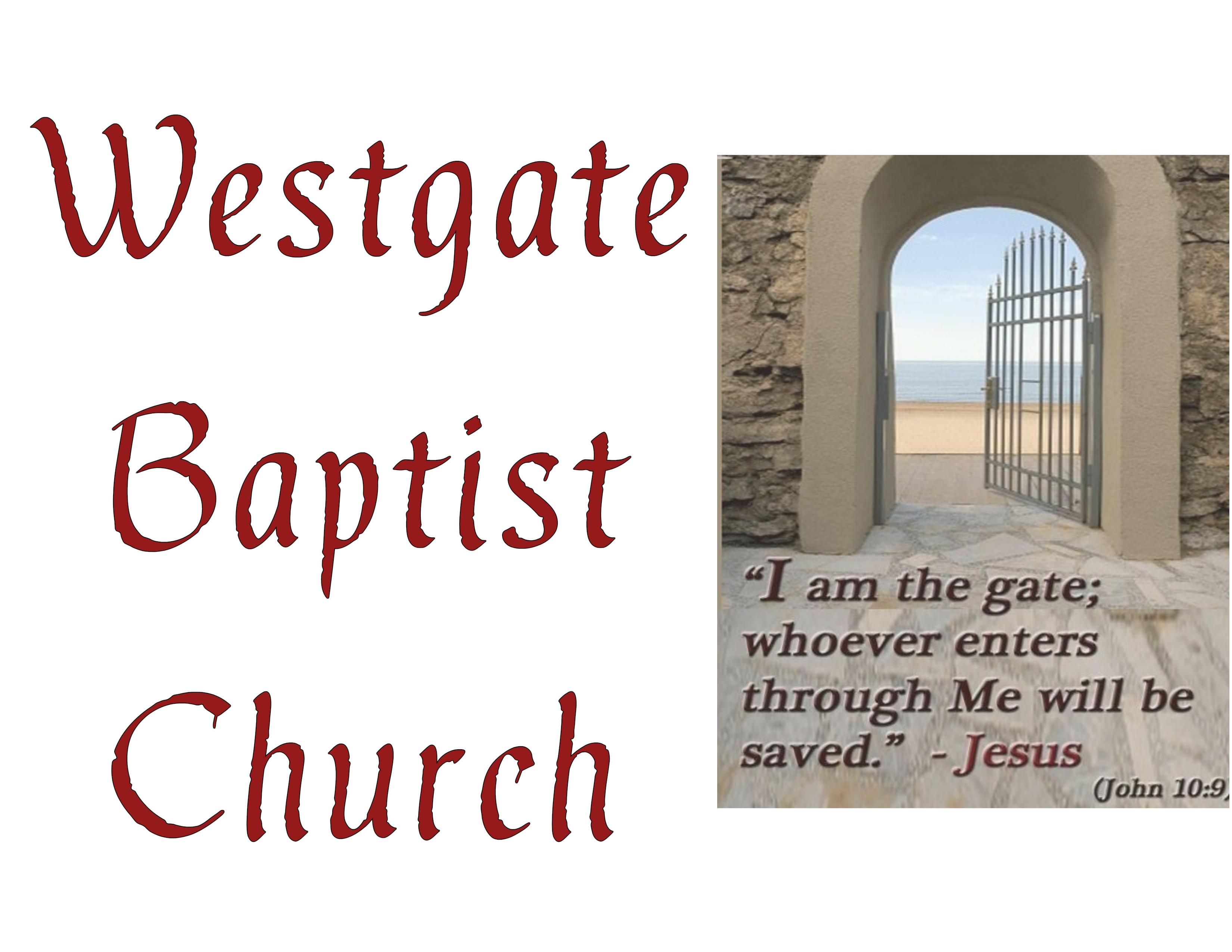“Who is like you, O LORD, among the gods? Who is like you, majestic in holiness, awesome in glorious deeds, doing wonders?” Exodus 15:11
Two weeks ago I shared with you the Prayer of Jesus as found in John Chapter 17—in that chapter he prays for himself, his disciples who were gathered with him, and the future disciples who would come to follow. In last week’s message my focus shifted to the subject of Prayer 101 or what was called “Simple Prayer.” Prayer has become for me not simply a topic or focus in my preaching. I have genuinely been yearning for a deeper experience of Prayer in my life. I feel that something is missing in my life—and part of it is an intimacy with God in prayer. In my message on the High Priestly Prayer of Jesus I considered with you the priorities of our Savior as revealed in the context of prayer. I believe it laid the groundwork for our consideration on the importance of prayer. Hopefully, over the past two Sunday’s at least a few of us have become more inquisitive and engaged in the subject of prayer—a truly vast and deeply enriching subject. As I have shared a few times now, the Disciples observed the importance of prayer in Jesus so much that they asked him, “Lord, teach us to pray.” They knew that prayer was oxygen and life to His very soul.

There is much to be said about prayer, but fundamentally, prayer consists of a conversation between us and the Lord, and in any conversation, we must be cognizant of who the participants are. In other words, in order to get prayer right, we must know who God is and who we are. We start by considering who God is. I am afraid that often our search for whom God is, for many reasons, is a far too casual search.
As Americans, I think we are well known for being more informal than in many other cultures around the world (at least this is my observation). We lack an established monarchy. We are casual in our dress and in our speech, in many places, where formality once reigned. On the whole, our relationships with authority and with those whom we supervise can err on the side of looseness and be rather relaxed. Titles before one’s name are less dominant than in past generations.
These developments have not been without positive effects; but there have been negatives as well. At times gross informality has extended even to how we regard our relationship with God. If we view God only as a friend, then we are out of balance. Of course, we can call Jesus our “friend” (John 15:15) in the sense that He is far more loyal to us than any other person. We remember that Abraham was referred to as “a friend of God.” The trouble is if we see our Creator as our “buddy” or “pal” in such a way that we are on the same level that He is. This should not be. God, indeed, is friendly toward us, but He remains our Creator our Sovereign. When we approach Him as our friend we do so knowing that He understands us and has compassion toward us. However, we must also approach Him as one who is “majestic in holiness, awesome in glorious deeds, doing wonders” (Exodus 15:11).

This means we stand in awe of our Creator. When we approach Him in prayer, we must remember who He is—the Lord God Almighty who is deserving of all honor, glory, and praise (1 Tim. 1:17). We must bow to His greatness, worshiping Him and remembering that He upholds us by His grace. Frank Stanton (1857-1927) so wonderfully reflects a deep reverence for the God we worship in his piece, “So Many!”
So Many!
So many stars in the infinite space—
So many worlds in the light of God’s face.
So many storms ere the thunders shall cease—
So many paths to the portals of Peace.
So many years, so many tears—
Sighs and sorrows and pangs and prayers.
So many ships in the desolate night—
So many harbors, and only one true Light.
So many creeds like the weeds in the sod
So many temples, and only One God.
He told me to tell you!
Faithfully,
Pastor Robert Zimmerman
